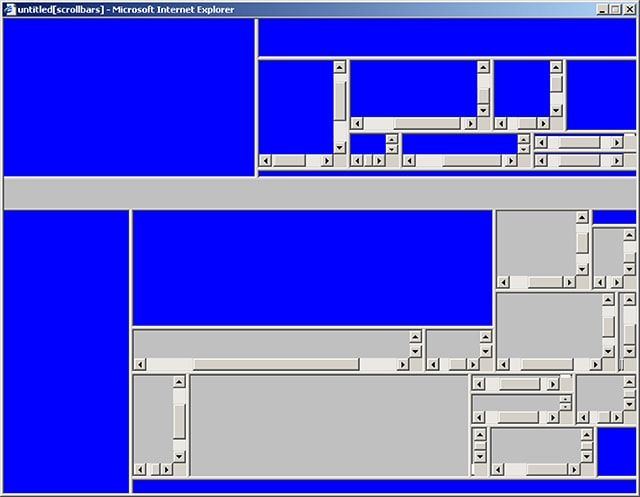
REBOOT: Pioneering Digital Art will be showcasing 20 influential digital artworks from the Netherlands, dating from 1960 to 2000, as well as 10 new works by contemporary makers who were inspired by them, at the Nieuwe Instituut in Rotterdam from 7 October 2023 to 1 April 2024.
The exhibition is a collaboration between the Nieuwe Instituut and LI-MA, a platform for media art preservation and presentation. The curators, Sanneke Huisman of LI-MA and Klaas Kuitenbrouwer of the Nieuwe Instituut, selected the works from the Digital Canon, a list of 40 seminal digital artworks that was commissioned by LI-MA in 2019. The Digital Canon aims to highlight the artistic and social relevance of digital art, which is often overlooked or forgotten.
The works in REBOOT: Pioneering Digital Art explore various aspects of digital culture, such as interactivity, algorithmic creativity, networked communication, and artificial intelligence. They also reflect on the ethical and political implications of digital technologies, such as surveillance, privacy, identity, and agency. Some of the works are:
- Moiré, by Livinus and Jeep van de Bundt (1975), a video and sound painting that uses optical effects to create dynamic patterns and rhythms.
- Ideofoon, by Dick Raaijmakers (1968-1970), a large-scale loudspeaker installation that produces sound waves that are visible as vibrations in water.
- Scrollbar Composition, by Jan Robert Leegte (2000), a web-based artwork that transforms the scrollbar of the browser into a musical instrument.
The new works by contemporary makers are inspired by these pioneering digital artworks, but also respond to the current challenges and opportunities of digital culture. They include:
- A VR installation that reimagines Ideofoon as a multisensory experience of sound and light.
- A generative textile design that uses Moiré patterns to create dynamic fabrics.
- A musical performance that remixes Scrollbar Composition with live coding and sampling.
REBOOT: Pioneering Digital Art is not only an exhibition, but also a research project that investigates how to preserve and present digital art in a sustainable and accessible way. The exhibition uses various strategies to deal with the technical and conceptual challenges of digital art preservation, such as emulation, documentation, re-enactment, and reinterpretation. The exhibition also invites visitors to participate in the preservation process by interacting with the artworks, sharing their feedback, and contributing to the online archive.
